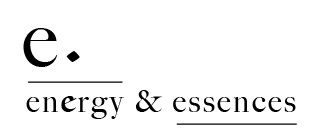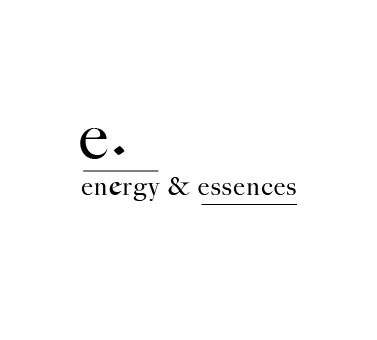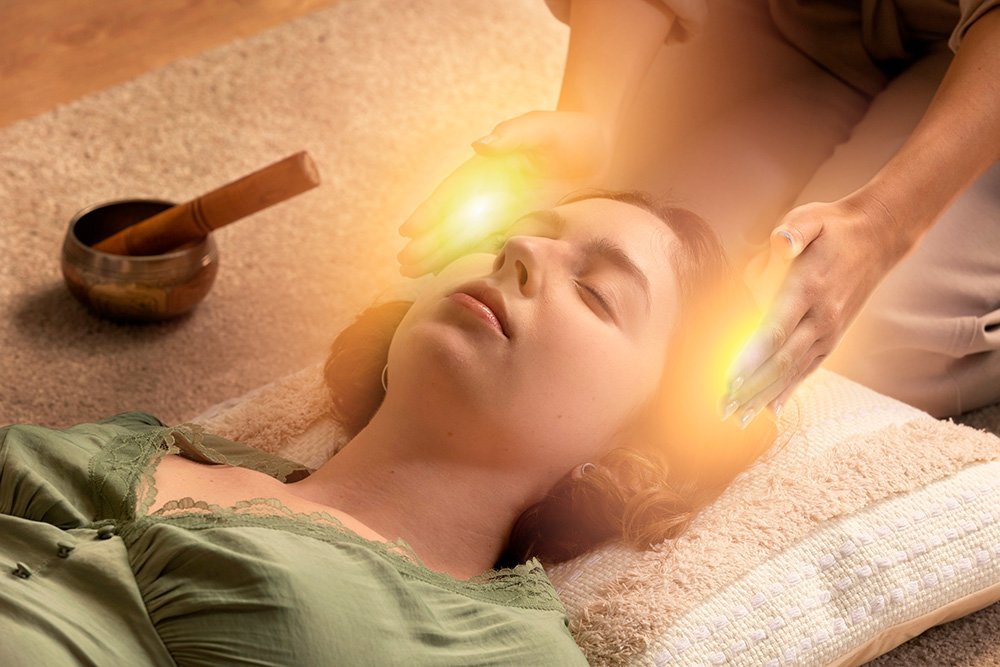In today’s fast-paced world, where stress and tension seem to be constants in our lives, many people are seeking alternative methods to restore balance, peace, and well-being. One such ancient practice re-gaining popularity is Reiki energy healing. Originating in Japan, Reiki is a gentle yet powerful healing modality that works with the universal life force energy to promote healing on physical, emotional, mental, and spiritual levels. In this article, we’ll explore the fundamentals of Reiki and how it can benefit individuals seeking holistic wellness.
What is Reiki?
Reiki, pronounced as “ray-key,” is a Japanese term that translates to “universal life energy.” It is based on the belief that life energy flows through all living beings and is vital for maintaining health and vitality. Reiki practitioners believe that disruptions or imbalances in this energy flow can lead to illness, stress, and other physical or emotional ailments. Through the practice of Reiki, practitioners aim to channel and balance this universal life force energy to promote healing and well-being.
How Does Reiki Work?
Reiki is administered through the gentle laying on of hands or by directing energy from a distance. During a Reiki session, the practitioner acts as a conduit for the universal life force energy, allowing it to flow through them and into the recipient. This energy is believed to activate the body’s natural healing processes, promoting relaxation, stress reduction, and the release of emotional blockages.
Reiki energy is intelligent and works wherever it is most needed in the recipient’s body, mind, or spirit. It can be used to address physical ailments, alleviate pain, soothe emotional distress, and promote mental clarity. Many people also report experiencing a profound sense of peace, serenity, and spiritual connection during and after Reiki sessions.
The Principles of Reiki
Central to the practice of Reiki are five principles or precepts that serve as guiding values for practitioners:
- Just for today, I will not be angry.
- Just for today, I will not worry.
- Just for today, I will be grateful.
- Just for today, I will do my work honestly.
- Just for today, I will be kind to every living thing.
These principles encourage mindfulness, gratitude, compassion, and integrity, fostering a state of inner harmony and balance that supports healing and personal growth.
The Benefits of Reiki
The benefits of Reiki are numerous and can vary from person to person. Some potential benefits include:
- Stress reduction and relaxation
- Pain relief and management
- Improved sleep quality
- Enhanced emotional well-being
- Increased energy and vitality
- Accelerated healing after injury or surgery
- Heightened spiritual awareness and connection
Incorporating Reiki into Your Life
Whether you’re seeking relief from physical ailments, emotional stress, or simply looking to enhance your overall well-being, Reiki can be a valuable tool on your journey to holistic health. Many people incorporate Reiki into their self-care routines by receiving regular sessions from a certified Reiki practitioner. Others choose to learn Reiki for themselves, becoming attuned to the energy and integrating it into their daily lives for self-healing and personal growth.
Conclusion
Reiki energy healing offers a gentle yet profound approach to restoring balance, harmony, and vitality on all levels of being. By tapping into the universal life force energy, Reiki empowers individuals to take an active role in their health and well-being, promoting healing, relaxation, and spiritual growth. Whether you’re new to energy healing or a seasoned practitioner, Reiki has the potential to enrich your life and awaken your innate healing abilities. Embrace the transformative power of Reiki and embark on a journey of self-discovery, healing, and renewal.





